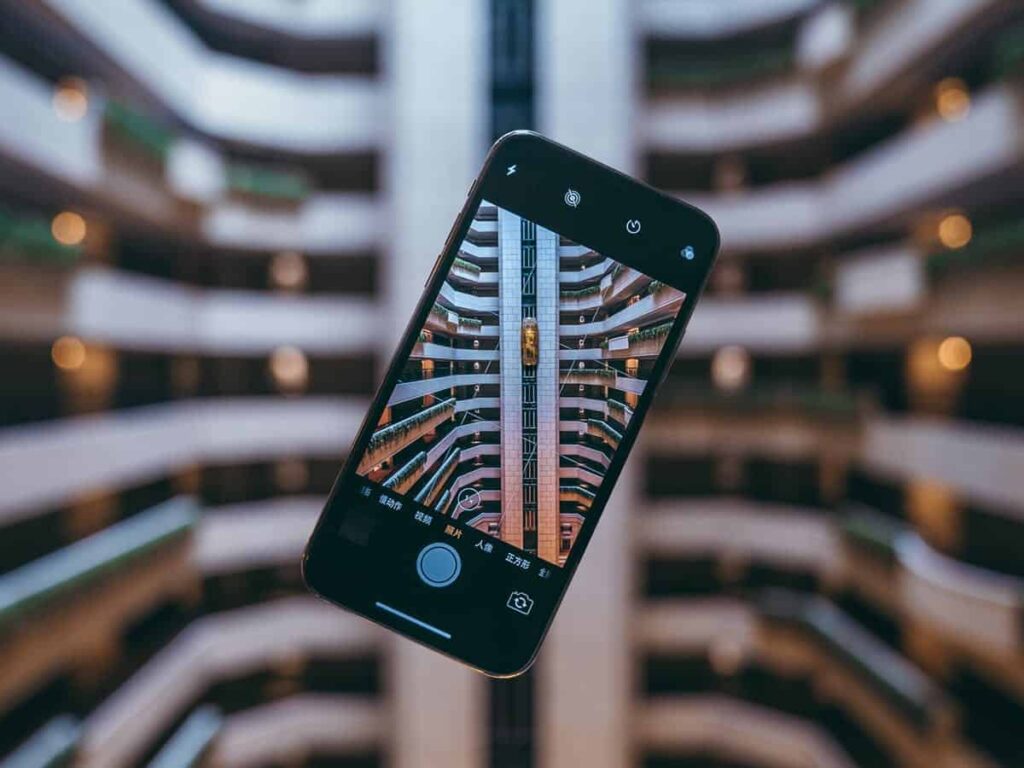
Screens are so nineties

Now the rich are outsourcing their aching neck muscles
- Dateline
- 9 May 2023
Back when mobile phones just arrived on the market, it was all the rage to walk around with the Nokia brick in your hand. As the years went by, the more screens you had, the higher your status; laptop, tablet, phone, smart watch – the more you had, the better.
Time and again though, what happens after ubiquity? Yes, you guessed it, the exact inverse. It’s the poor who are living, learning, and dying by screens because the rich are opting for real people. A single mom in the Bronx can’t afford a governess like Maria in the Sound of Music, but she sure can buy a cheap tablet and have her child be babysat by educational programs and videos.
Similarly, an elderly man in Frankfurt has a human carer, whereas his peers in Gelsenkirchen are being kept company by an augmented reality avatar, which alerts emergency services when it notes the absence of several predetermined signs of life.
The International Labour Organization released new statistics earlier today, which indicate that workers in OECD countries are spending half as much time, than ten years ago, in front of their computers. No, they’re not working less per se, but anything rote, that can be done remote, is offloaded to someone in a satellite office in a developing country like the Philippines or Chile.
An alternative, for the well-heeled, is the latest in mobile gadgets, which means you only have to speak or think to interact with your network, instead of peering into a screen. If you’re still sitting in front of your computer for 8-10 hours per day, then you have the equivalent of an Industrial Age factory job. You might want to change that, asap.
Links to related stories
- Human contact is now a luxury good - The New York Times, 23 March 2019
- Doctor on Video Screen Told a Man He Was Near Death, Leaving Relatives Aghast - The New York Times, 9 March 2019
- The Digital Gap Between Rich and Poor Kids Is Not What We Expected - The New York Times, 26 October 2018
- MindBullet: JAPAN IMPORTS AFRICAN LABOUR (Dateline: 14 November 2028, Published: 16 October 2014)
- MindBullet: APPLE AIRPHONE REDEFINES ICT (Dateline: 21 September 2019, Published: 22 September 2016)
Warning: Hazardous thinking at work
Despite appearances to the contrary, Futureworld cannot and does not predict the future. Our Mindbullets scenarios are fictitious and designed purely to explore possible futures, challenge and stimulate strategic thinking. Use these at your own risk. Any reference to actual people, entities or events is entirely allegorical. Copyright Futureworld International Limited. Reproduction or distribution permitted only with recognition of Copyright and the inclusion of this disclaimer.